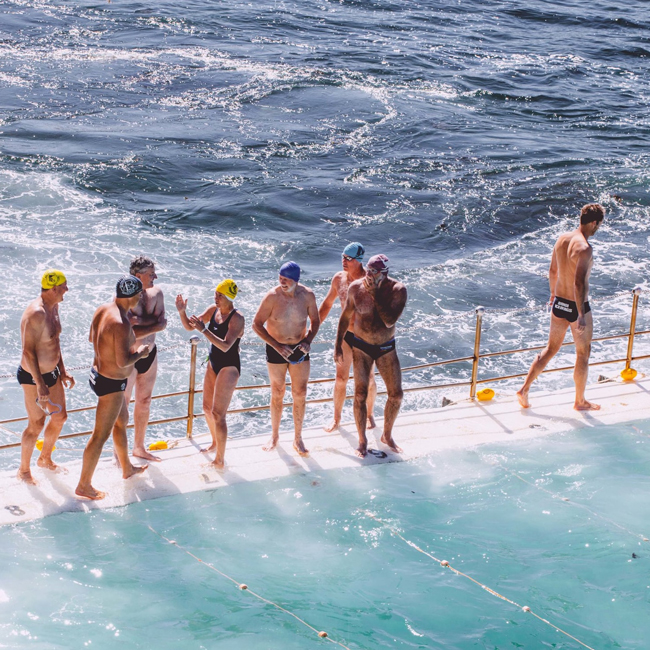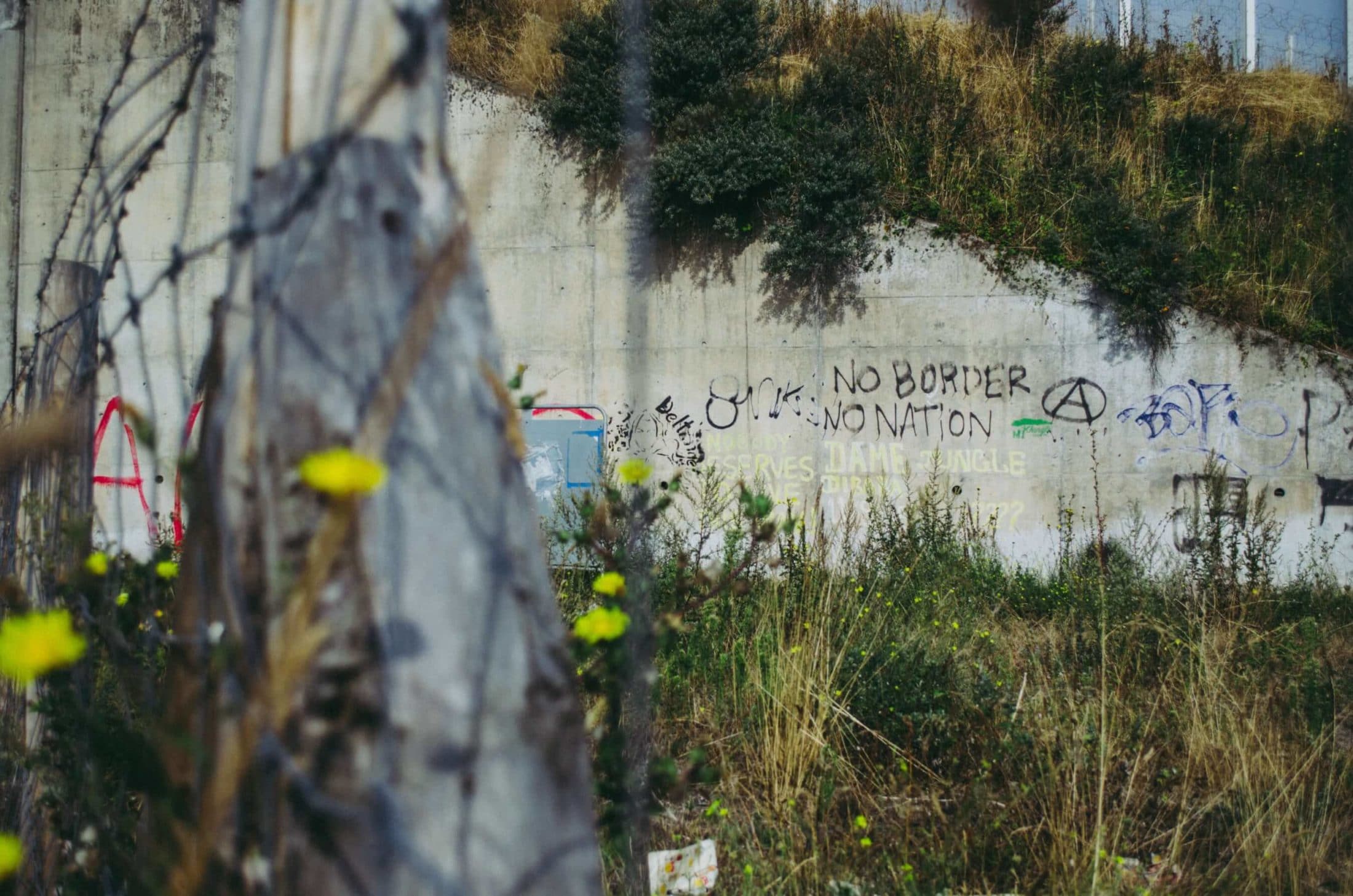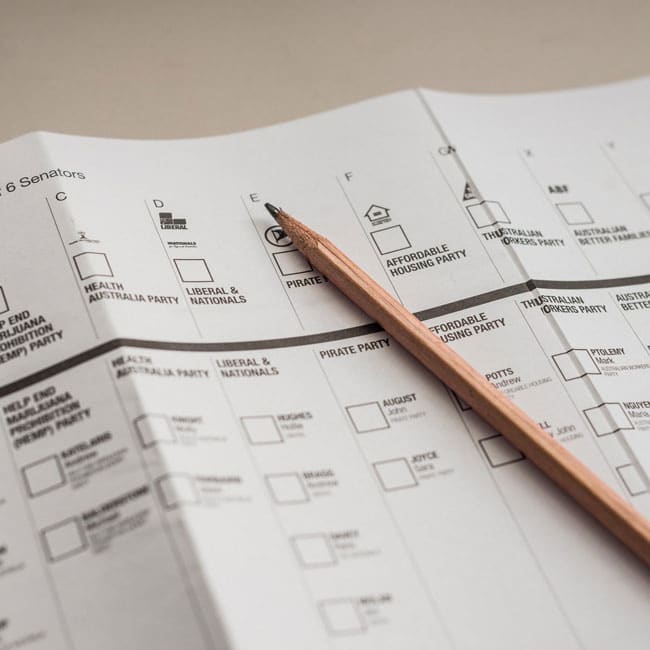It’s time to take citizenship seriously again

It’s time to take citizenship seriously again
Opinion + AnalysisBusiness + LeadershipRelationships
BY Tim Soutphommasane 25 NOV 2020
Citizenship isn’t often the stuff of inspiration. We tend to talk about it only when we are thinking of passports, as when migrants take out citizenship and gain new entitlements to travel.
When we do talk about the substance of citizenship, it often veers into legal technicalities or tedium. Think of the debates about section 44 of the Constitution or boring classes about the history of Federation at school. Hardly the stuff that gets the blood pumping.
Yet not everything that’s important is going to be exciting. The idea of citizenship is a critical foundation of a democratic society. To be a citizen is not merely to belong to such a society, and to enjoy certain rights and privileges; it goes beyond the right to have a passport and to cast a vote at an election.
To be a citizen includes certain responsibilities to that society – not least to fellow citizens, and to the common life that we live.
Citizenship, in this sense, involves not just a status. It also involves a practice.
And as with all practices, it can be judged according to a notion of excellence. There is a way to be a citizen or, to be precise, to be a good citizen. Of course, what good or virtuous citizenship must mean naturally invites debate or disagreement. But in my view, it must involve a number of things.
There’s first a certain requirement of political intelligence. A good citizen must possess a certain literacy about their political society, and be prepared to participate in politics and government. This needn’t mean that you can only be a good citizen if you’ve run for an elected office.
But a good citizen isn’t apathetic, or content to be a bystander on public issues. They’re able to take part in debate, and to do so guided by knowledge, reason and fairness. A good citizen is prepared to listen to, and weigh up the evidence. They are able to listen to views they disagree with, even seeing the merit in other views.
This brings me to the second quality of good citizenship: courage. Citizenship isn’t a cerebral exercise. A good citizen isn’t a bookworm or someone given to consider matters only in the abstract. Rather, a good citizen is prepared to act.
They are willing to speak out on issues, to express their views, and to be part of disagreements. They are willing to speak truth to power and willing to break with received wisdom.
And finally, good citizenship requires commitment. When a good citizen acts, they do so not primarily in order to advance their own interest; they do what they consider is best for the common good.
They are prepared to make some personal sacrifice and to make compromises, if that is what the common good requires. The good citizen is motivated by something like patriotism – a love of country, a loyalty to the community, a desire to make their society a better place.
How attainable is such an ideal of citizenship? Is this picture of citizenship an unrealistic conception?
You’d hope not. But civic virtue of the sort I’ve described has perhaps become more difficult to realise. The conditions of good citizenship are growing more elusive. The rise of disinformation, particularly through social media, has undermined a public debate regulated by reason and conducted with fidelity to the truth.
Tribalism and polarisation have made it more difficult to have civil disagreements, or the courage to cross political divides. With the rise of nationalist populism and white supremacy, patriotism has taken an illiberal overtone that leaves little room for diversity.
And while good citizenship requires practice, it can all too often collapse into curated performance and disguised narcissism: in our digital age, some of us want to give the impression of virtue, rather than exhibit it more truly.
Moreover, good citizenship and good institutions go hand in hand.
Virtue doesn’t emerge from nowhere. It needs to be seen, and it needs to be modeled.
But where are our well-led institutions right now? In just about every arena of society – politics, government, business, the military – institutional culture has become defined by ethical breaches, misconduct and indifference to standards.
And where can we in fact see examples of the common good guiding behaviour and conduct? In a society where public goods have been increasingly privatised, we have perhaps forgotten the meaning of public things. Our language has become economistic, with a need to justify the economic value of all things, as though the dollar were the ultimate measure of worth.
When we do think about the public, we think of what we can extract from it rather than what we can contribute to it.
We’ve stopped being citizens, and have started becoming taxpayers seeking a return. It’s as though we’re in perpetual search of a dividend, as though our tax were a private investment. As one jurist once put it, tax is better understood as the price we pay for civilisation.
But our present moment is a time for us to reset. The public response to COVID-19 has been remarkable precisely because it is one of the few times where we see people doing things that are for the common good. And good citizens, everywhere, are rightly asking what post-pandemic society should look like.
The answers aren’t yet clear, and we all should consider how we shape those answers. It may just be the right time for us to take citizenship seriously again.
This project is supported by the Copyright Agency’s Cultural Fund.
![]()
Ethics in your inbox.
Get the latest inspiration, intelligence, events & more.
By signing up you agree to our privacy policy
You might be interested in…
Reports
Business + Leadership
The Ethical Advantage
Opinion + Analysis
Business + Leadership, Relationships
The pivot: Mopping up after a boss from hell
Explainer
Relationships
Ethics Explainer: Ethics
Opinion + Analysis
Business + Leadership
Moral injury is a new test for employers
BY Tim Soutphommasane
Tim Soutphommasane is a political theorist and Professor in the School of Social and Political Sciences, The University of Sydney, where he is also Director, Culture Strategy. From 2013 to 2018 he was Race Discrimination Commissioner at the Australian Human Rights Commission. He is the author of five books, including The Virtuous Citizen (2012) and most recently, On Hate (2019).
The Australian debate about asylum seekers and refugees

The Australian debate about asylum seekers and refugees
Opinion + AnalysisPolitics + Human Rights
BY Tim Soutphommasane The Ethics Centre 1 SEP 2011
Debate about asylum seekers and refugees, especially when it concerns “boat people”, is often characterised by misrepresentation and hysteria. Amid all of the politics concerning the issue, the ethical dimensions of asylum are not always given their proper attention.
This paper seeks to offer a brief guide to the ethics of asylum and refugees, focusing in particular on four general questions:
- What should be the place of empathy and compassion in our moral reasoning with respect to asylum seekers and refugees?
- To what extent must any ethical account of refugee policy incorporate concerns about practical or political feasibility?
- What is the nature of Australia’s moral obligations to asylum seekers and refugees, and to what extent are these shaped by our understanding of membership?
- Can mandatory detention and offshore processing be ethically justified?
It would be a demonstration of good faith if Australia should increase its intake of refugees under its humanitarian program.
It is argued that empathy should figure in ethical reasoning, that it is irresponsible to adopt an ethical framework without attention to practical feasibility, and that in a liberal democracy, moral obligations are complicated by a value of self-determination.
In policy terms, the paper argues that it is difficult to justify the continuation of mandatory detention, and that onshore processing of asylum seekers who arrive in Australia by boat is the ideal response. Yet the latter would be best achieved with bipartisan political support and as part of a credible, regional solution. By itself, a shift to onshore processing is likely to lead to an increase in the arrival of boats carrying asylum seekers wanting to make it to Australian territory.
In such a scenario, political leaders must educate public opinion about asylum seekers and refugees and avoid politicking over boat people. Where such resolve is missing, a shift to onshore processing may carry the risk of a number of “spillover” effects – in particular, the possible undermining of public acceptance of a substantial, racially non-discriminatory immigration program, and of a multicultural Australian society.
If there is to be offshore processing, as may well be the case, there must be legislated minimum standards for how asylum seekers are treated in any offshore facility, based on relevant human rights standards, with adequate legal protections. It is also important that any durable policy response involves a regional dimension. It is important to ensure Australia bears a larger burden, if there is to be successful cooperation with our regional neighbours, particularly in stemming the arrival of asylum seekers by boat. It would be a demonstration of good faith if Australia should increase its intake of refugees under its humanitarian program.
There is also merit in proposals to establish an independent commission to facilitate informed public debate, and an independent authority to administer Australia’s humanitarian programs. At least until there can be strong bipartisan political leadership on this issue, it may be necessary to seek an institutionalised form of depoliticising this most divisive of issues.
Read Dr Tim Soutphommasane’s introduction to the Ethics of Asylum and Refugees Symposium, held on 30 June 2011.
Ethics in your inbox.
Get the latest inspiration, intelligence, events & more.
By signing up you agree to our privacy policy
You might be interested in…
Opinion + Analysis
Health + Wellbeing, Politics + Human Rights, Relationships, Science + Technology
The value of a human life
Opinion + Analysis
Health + Wellbeing, Politics + Human Rights, Relationships
Ethics in a time of coronavirus
Opinion + Analysis
Politics + Human Rights
Ask an ethicist: Why should I vote when everyone sucks?
Big thinker
Politics + Human Rights, Society + Culture










